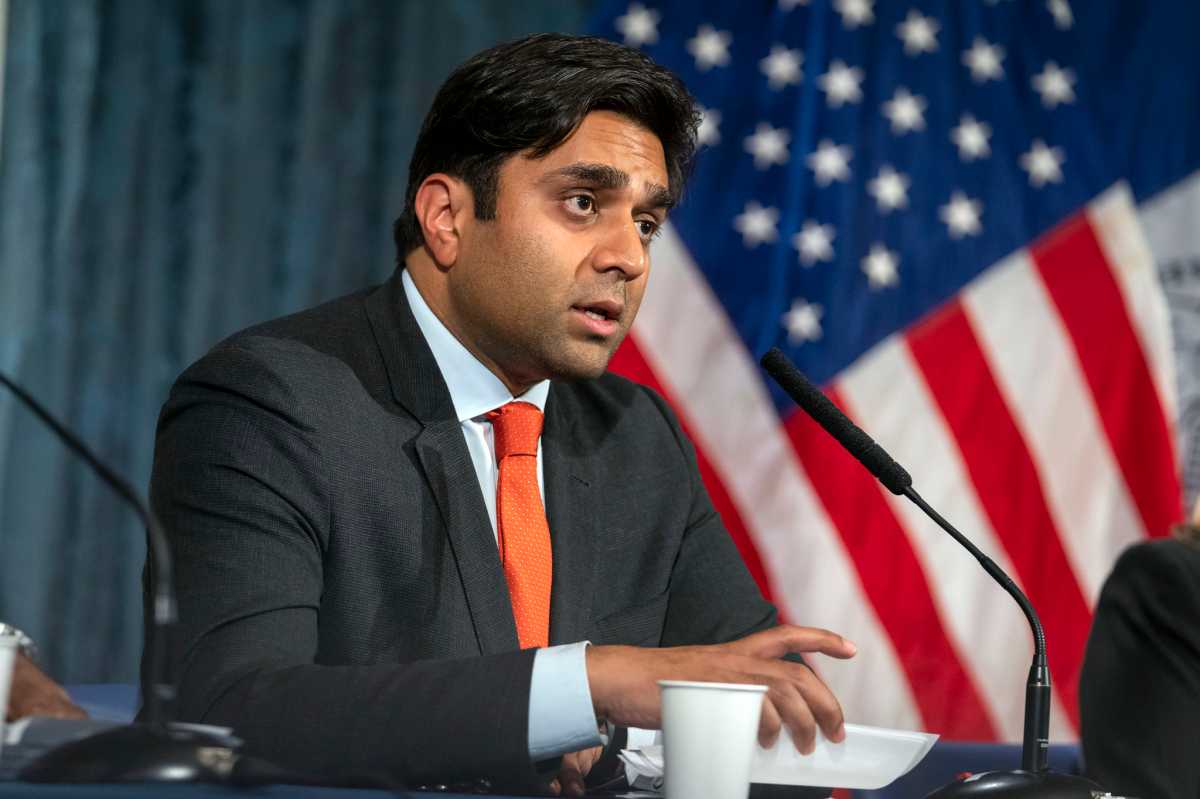Two months after New York City health officials advised doctors of a “substantial increase” in mpox cases dating back to last October, the number of cases have decreased across New York City for consecutive months.
The New York City Department of Health and Mental Hygiene reported 43 cases in May and 36 in June, representing a 16% decrease in a month. A majority of the cases in June came during the first half of the month. Those numbers are also down from the 53 New York City-based cases reported in April.
So far, the city has tallied eight cases through the first six days of July. The numbers only cover the first six days of the month because the city only updates the statistics on the second Thursday of each month.
New York City’s fight against mpox — which has spread almost exclusively between men who have sex with men — dates back to the 2022 outbreak when there were 3,821 cases across the five boroughs between May 19 and December 31 of that year. At one point, the city saw 70 cases per day.
However, after addressing controversial shortages of vaccines, the outbreak dwindled in the fall of 2022 due in large part to an aggressive vaccination campaign led by the city’s health commissioner, Dr. Ashwin Vasan, in addition to awareness efforts and behavioral changes. The city went on to declare an end to the outbreak in February of 2023.
Between January and September of last year, there were only two to 20 cases per month. Cases started to increase again in October, but not to the same degree as in 2022. The city saw 256 cases between October of last year and April of this year, with most of those cases consisting of Black or Hispanic men who have sex with men between the ages of 25-44, according to city health officials.
A key tool in the fight against mpox is the vaccine, which consists of two shots administered four weeks apart. Health officials have stressed the importance of getting vaccinated — and they’ve emphasized that folks should receive both shots, especially considering that 73% of cases between October of last year and April of this year were seen among individuals who received only one shot or had yet to receive a shot. By January of 2023, the city had administered more than 150,000 mpox vaccine doses, but of those, over 100,000 were first doses, Vasan told Gay City News at the time.
However, those who received one dose in a previous year can still receive their second one now.
“The big message is that it’s not too late for that second dose,” Julian L. Watkins, assistant commissioner of the Bureau of Health Equity Capacity Building at the New York City Department of Health and Mental Hygiene, told Gay City News in May.
The New York City Department of Health and Mental Hygiene recommends talking to your doctor about the vaccine if you have sex with men and identify as male, trans, non-binary, genderqueer, or gender non-conforming. Other candidates include those who consider themselves to be at risk for mpox through sex or other intimate contact, as well as those who have been in close contact with someone who has mpox. Those who have already had mpox do not need to get vaccinated because they have immunity, according to the city’s website.
Individuals looking to get the vaccine can explore locations and appointment times at vaccinefinder.nyc.gov.




































